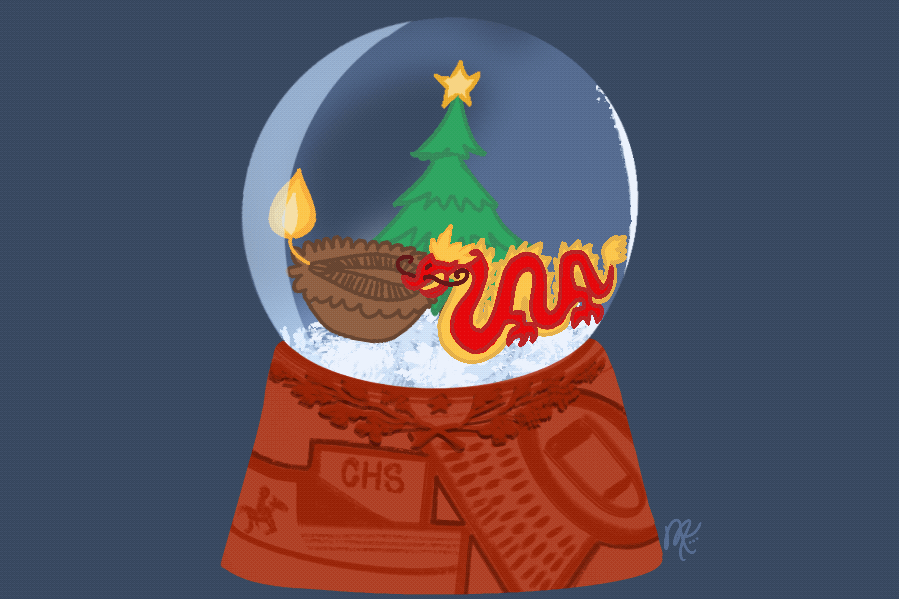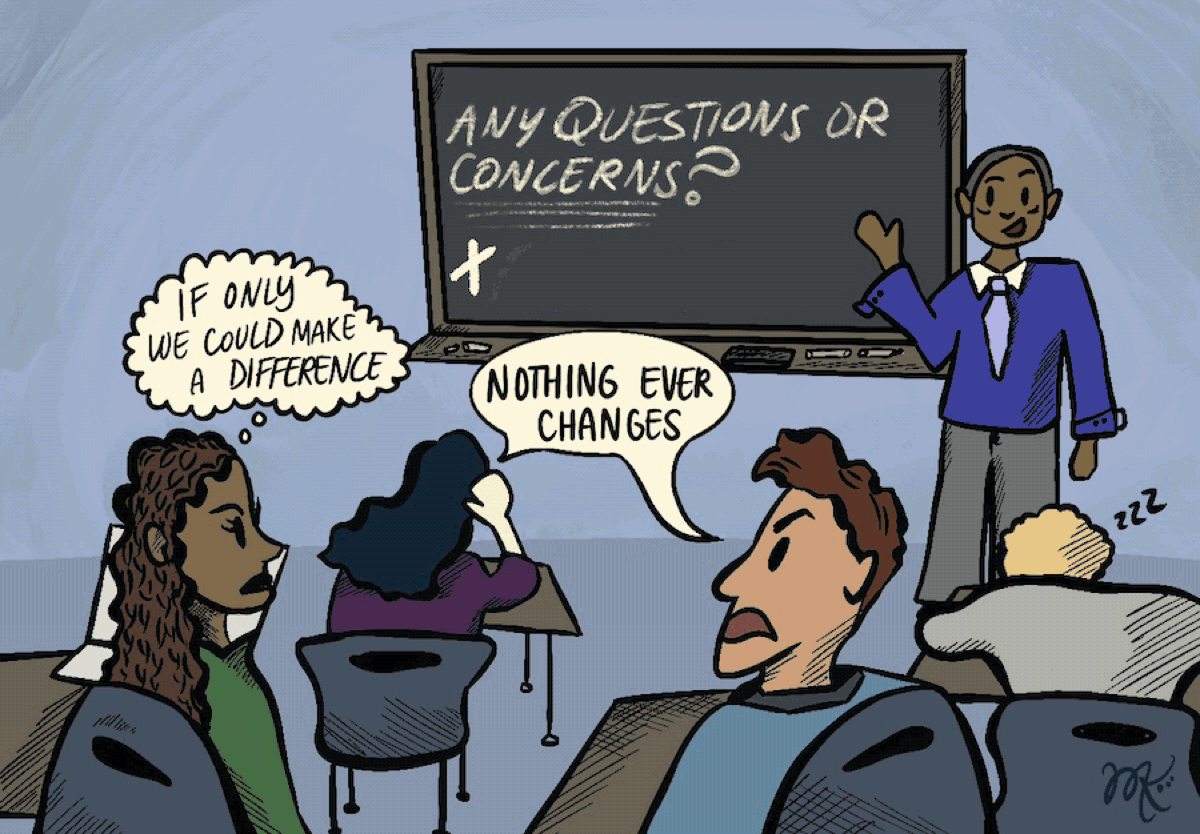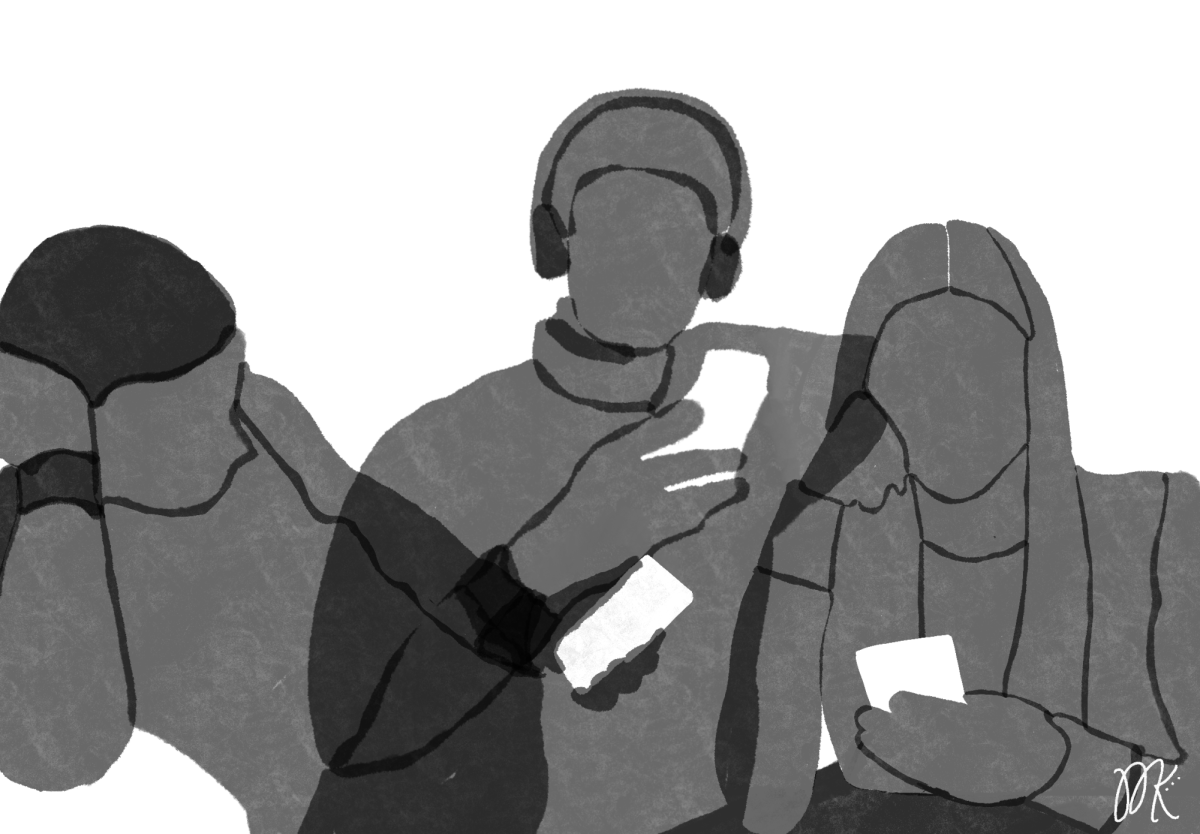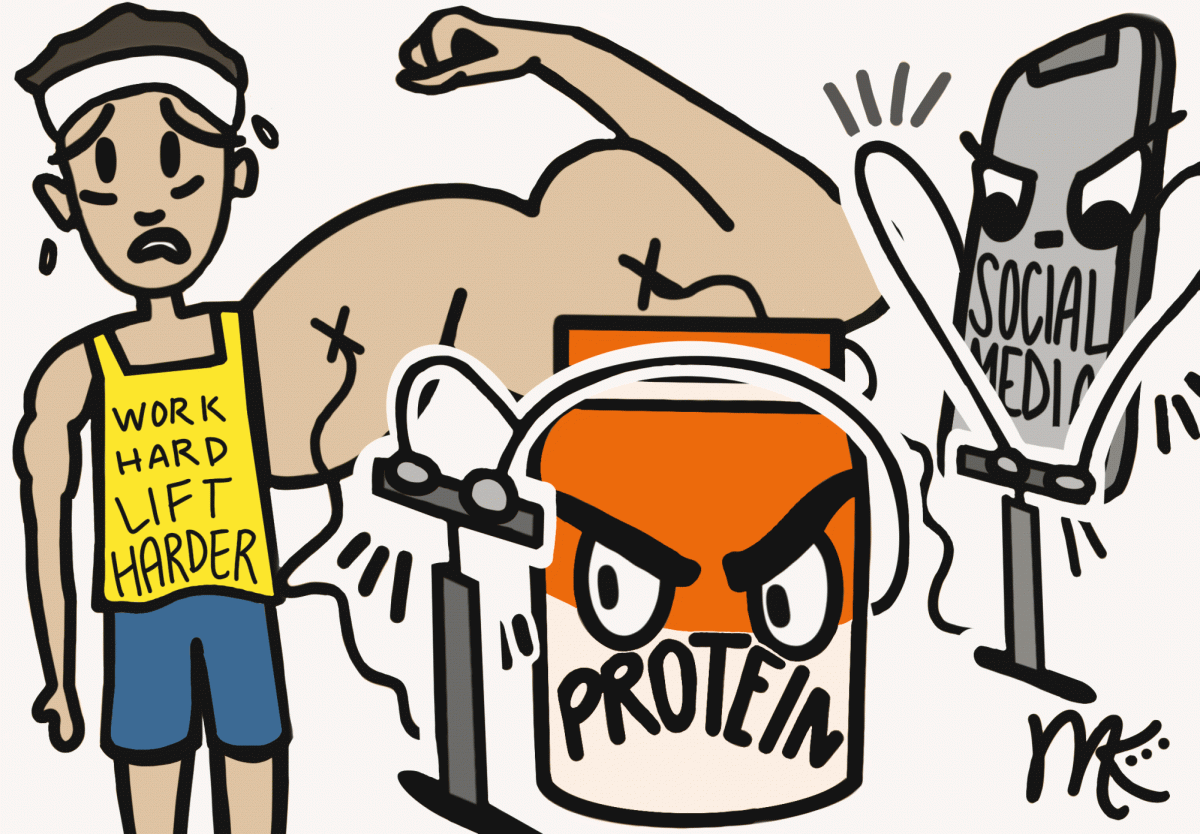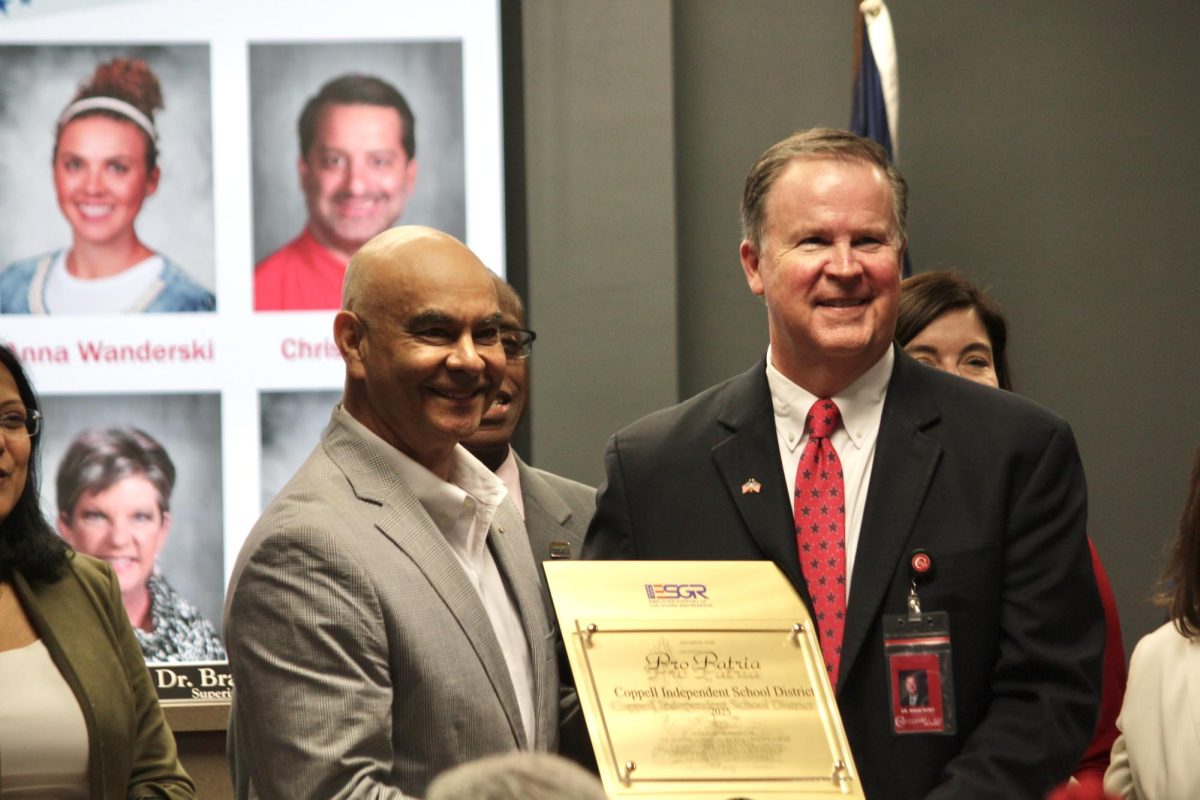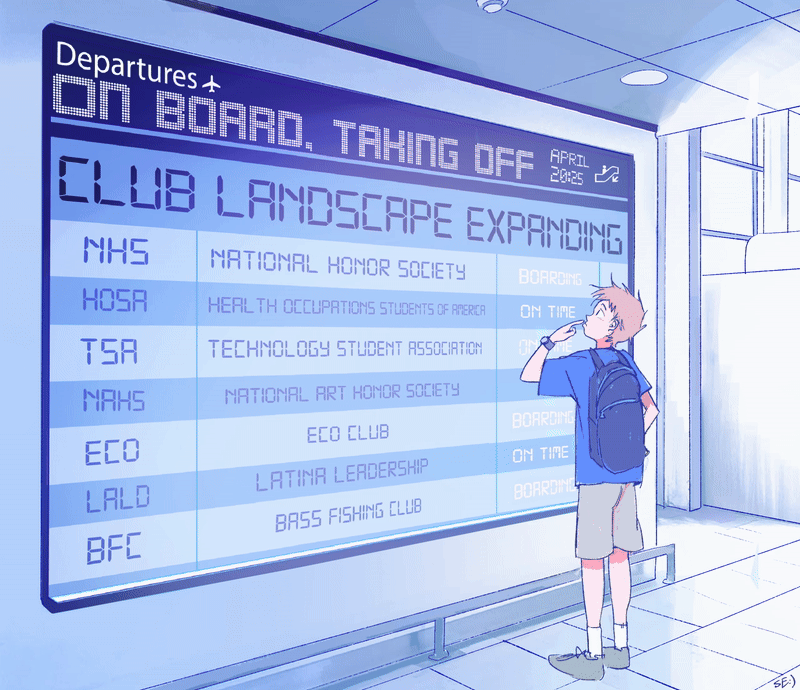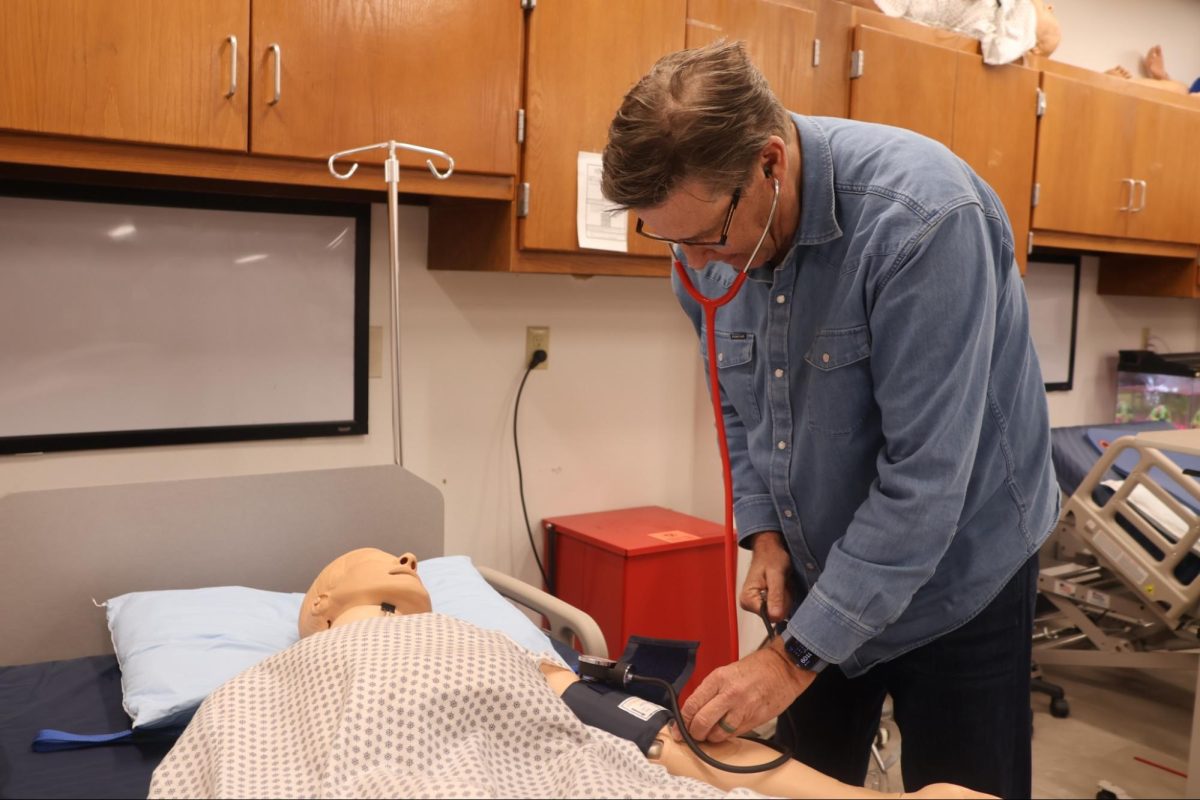By Emma Cummins
Editorial Page Editor
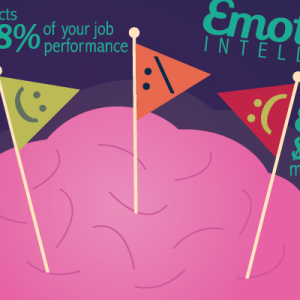
At Coppell High School, we are recognized for our academic rigor. While CHS may offer students an excellent education, this however, does not mean that the areas of emphasis within the school are balanced.
The maths and sciences are especially emphasized, one could even say that they overshadow the importance of the humanities. For a student who enjoys English and history, and has a distaste for mathematics and science, I can say with certainty that as a CHS student, excelling in history and English is not a highly valued skill.
It feels that sometimes, unless you are advanced in math or science, then your intelligence is not on par with others, regardless of your other talents.
English and history seem to have taken a backseat in the classroom. The value of reading a book, or learning about an important event in the vast seems to have depreciated over the years. Instead, taking the hardest math class, or the most challenging science, is the ideal for every student. Sometimes, the school seems to impose a one size fits all for students, which is both unrealistic and damaging to a student.
Being a junior at CHS has given me the opportunity to experience the program from a student’s point of view. However, my first two years at CHS are quite different from this year.
As a sophomore, all I had seen was other students in my grade get a free ride in English and history, while advancing in math and science classes that were particularly difficult. Being someone who enjoys English and history, I felt that I was not being challenged at all.
However, after joining the International Baccalaureate (IB) program, it was a completely different experience. Although everyone is required to take the same classes in IB, talents in English and history feel valued.
Although there is still the pressure to be good at a science or math, IB is slowly teaching students to cultivate themselves beyond the classroom. English and history are now as challenging as the other IB classes, which feels much more balanced than what I have been accustomed to.
IB demonstrates the value of understanding that there are multiple ways in which a person can be intelligent.
One that is often forgotten is emotional intelligence. You can go through high school with a high GPA, A’s in your classes, but be unable to succeed in the real world. Why?
Emotional Intelligence (EQ) is often considered to be more valuable than a person’s Intelligence Quotient (IQ).
Studies show that 90 percent of top performers have a high EQ, 58 percent of a person’s EQ is responsible for his or her job performance and people with a high EQ make $29,000 more annually than their low EQ counterpart.
These statistics only show that having a high EQ can be vastly more important than one’s raw IQ. School may only value a student’s intelligence when it comes to grades, but it is important to take into account the value of being able to handle people well.
You can drain yourself, getting the highest GPA in the school, but in the process forget to cultivate social skills and emotional intelligence, which is a valuable counterpart to success. So this is a reminder to everyone at CHS: even if you may have talents that do not involve a math or science, or any class that counts toward your GPA, this does not make your intelligence any less valuable than a more traditional student.
While there is a lot to be recognized when it comes to intelligence in math and science, and people who excel in those fields are extremely valuable to society and CHS. But, this should not overshadow the importance of students who excel in other subjects, whether it be English, history or an extracurricular. Students who can handle other students diplomatically may have an equal chance, or even more, when it comes to succeeding in the real world.




